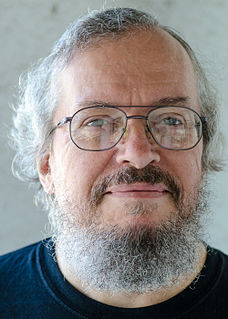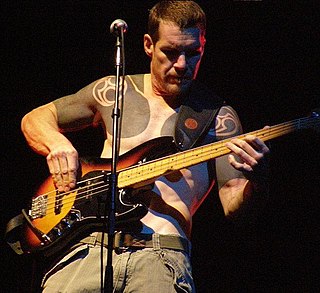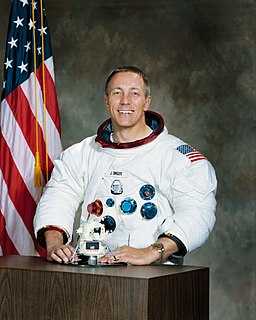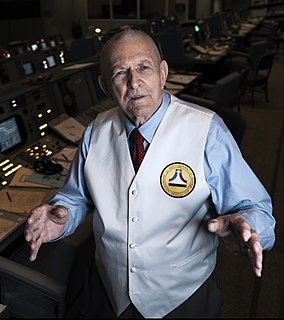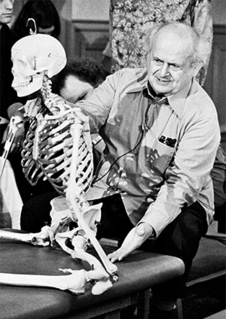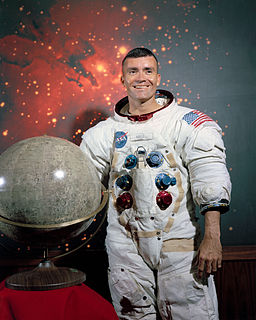A Quote by Henry Spencer
The original specifications for Apollo navigation called for the ability to fly a complete mission, including a lunar landing, with no help from Earth - none, not even voice communications.
Related Quotes
If I hold a twenty pound weight, I cannot detect a fly landing on it because the least detectable difference in the stimulus is half a pound. On the other hand, if i hold a feather, a fly landing on it makes a great difference. Obviously then, in order to be able to tell the differences in exertion one must first reduce the exertion. Finer and finer performance is possible only if the sensitivity, that is, the ability to feel the difference is improved.
I was an eight-year-old kid when I watched the first Apollo Moon Landing way back in 1969 and there was something about that moment that really stuck in my head. I'd always been interested in space and flying and I was building model rockets and model airplanes, but something about that moment, I can remember like it was yesterday watching the Apollo Lunar Lander approach the surface of the Moon and then later watching Neil Armstrong and Buzz Aldrin take the first steps on the Moon, and something that day started the dream for me that, hey, I want to be like those guys.
The exciting part for me, as a pilot, was the landing on the moon. That was the time that we had achieved the national goal of putting Americans on the moon. The landing approach was, by far, the most difficult and challenging part of the flight. Walking on the lunar surface was very interesting, but it was something we looked on as reasonably safe and predictable. So the feeling of elation accompanied the landing rather than the walking.
